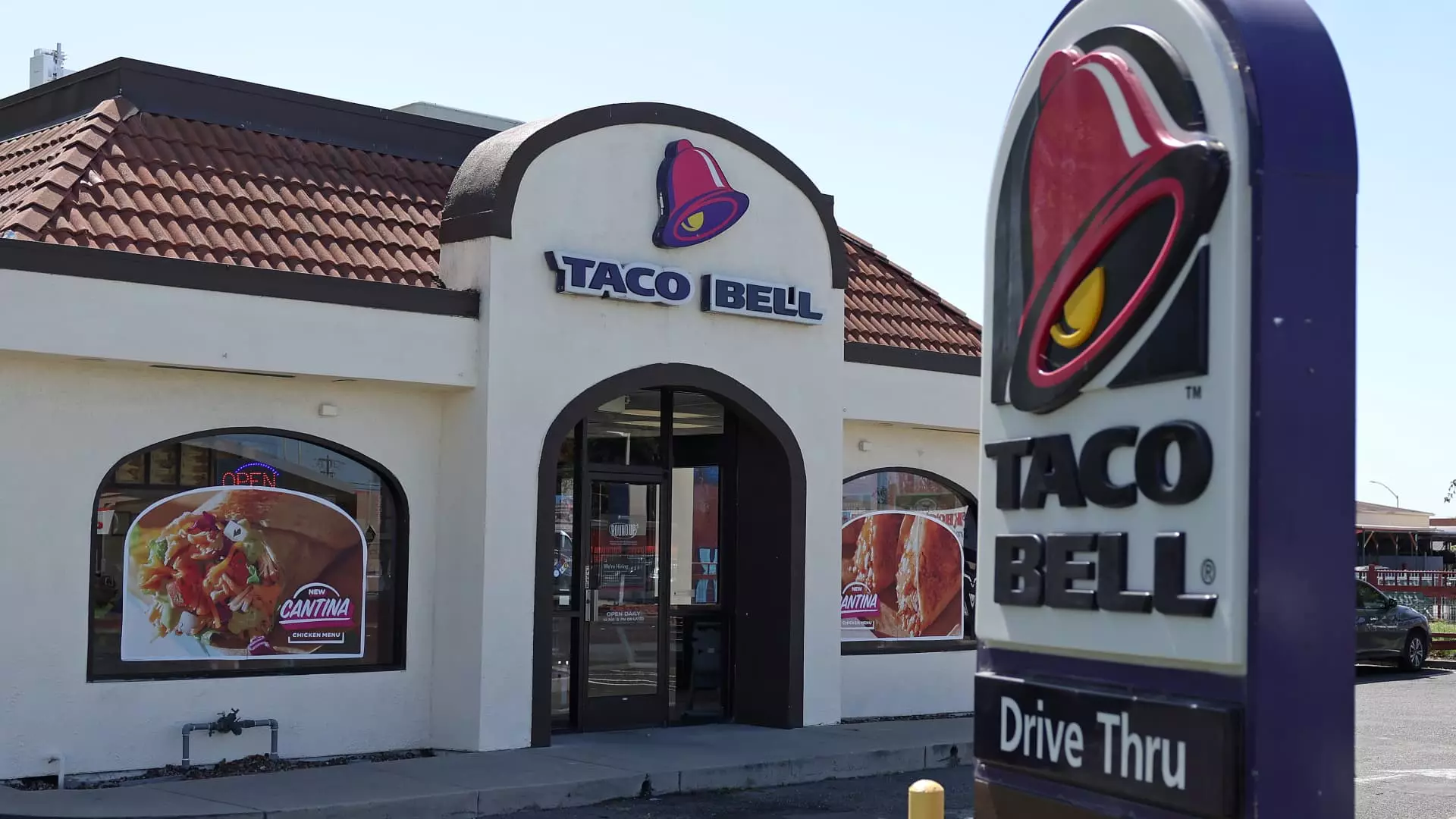The recent E. coli outbreak linked to McDonald’s has sent alarm bells ringing across several fast-food chains. Yum Brands, the parent company of Taco Bell, KFC, and Pizza Hut, has proactively removed fresh onions from some of its outlets as a precautionary measure. The initiative reflects a growing awareness and commitment to food safety amidst troubling health trends. It highlights a crucial need for transparency and rapid action in the food service industry, particularly when public health is at stake.
In a statement made to CNBC, a Yum Brands spokesperson emphasized that the decision to pull onions was driven by an abundance of caution amid the ongoing E. coli outbreak investigation. The company’s approach signifies a prudent response to potential health threats. However, the timeline and specifics surrounding the removal of onions raise questions. Was this step a direct reaction to the outbreak, or was it part of a broader strategy to ensure consumer safety? The ambiguity surrounding the decision could leave customers feeling uncertain about the brand’s transparency in handling food safety issues.
Notably, U.S. Foods recently issued a recall for onions sourced from Taylor Farms. While Yum Brands indicated they were voluntarily removing fresh onions, the relationship between these removals and the recall notification remains unclear. The lack of communication from Taylor Farms adds another layer of complexity to this evolving situation. In food supply chains, clarity from suppliers is critical; any failure can compromise restaurant operations and public trust.
Health authorities are diligently investigating the E. coli outbreak, which has led to one reported death and 49 confirmed infections across ten states, namely Colorado, Nebraska, and Wyoming. The Centers for Disease Control and Prevention (CDC) has conducted interviews revealing that a significant majority of those affected had consumed a Quarter Pounder from McDonald’s prior to falling ill. This is alarming and indicates a potential systemic issue within the fast-food industry that goes beyond one company.
In a direct response to the outbreak, McDonald’s has ceased the sale of Quarter Pounders in around 20% of its locations across the U.S. The investigation has narrowed down potential culprits to two main ingredients: the fresh beef patties and slivered onions. It’s particularly concerning that these onions are sourced from a single facility, which raises questions about quality control measures. The assurance given by McDonald’s that, if prepared according to internal standards, the cooking process would eliminate E. coli does offer some reassurance, yet it underscores a pivotal issue in the importance of maintaining stringent supplier standards.
The current outbreak serves as a wake-up call for the fast-food sector, highlighting the imperative of strict food safety protocols and supplier vetting processes. As health investigations continue and consumers grow wary, companies must prioritize both swift action and clear communication in their practices. The overarching goal should be to restore confidence in food safety, ensuring that incidents like these do not become the norm but rather lessons that drive systemic improvements across the industry. Halting processes and recalling products may seem drastic, but they are necessary steps for enhancing overall food safety within this high-stakes market.


Leave a Reply